The Brazilian Mining Institute (IBRAM) reported revenues of BRL 73.8 billion (EUR 11.38 billion) in the first quarter of 2025, an increase of 8.6% compared to the same quarter last year. Iron ore accounted for the largest share with revenues of BRL 38.8 billion (EUR 5.98 billion), accounting for 53% of this revenue. Compared to the first quarter of 2024, iron ore revenues increased by 12%.
Iron ore played a decisive role not only in the domestic market but also in Brazil's trade balance. In the first quarter of 2025, the difference between exports and imports of minerals accounted for 77% of the country's total trade surplus, with a positive balance of USD 7.68 billion. Raul Jungmann, CEO of IBRAM, stated: “During 2024, this ratio was 47%. This year, the impact of our minerals, especially iron ore, on foreign trade has grown even more.” International fluctuations in iron ore prices worked in Brazil's favor, despite a 13% drop in exports in dollar terms, Jungmann noted.
Brazil's mining sector generated BRL 25.5 billion (EUR 3.93 billion) in tax revenues in the first quarter, an 8% increase. In addition, the number of people directly employed in the sector increased to 223,000, including more than 2,000 new jobs.
Prominent states in iron ore production
Minas Gerais, rich in iron ore, generated BRL 29.8 billion (EUR 4.60 billion), 40% of the sector's total revenue. Pará generated BRL 24.5 billion (EUR 3.78 billion), with a 33% share. Bahia, with a 5% share, generated BRL 4 billion (EUR 617 million), a huge growth of 61% compared to 2024. Minas Gerais grew by 5% and Pará by 2%.
There was also strong growth outside of iron ore. Gold revenues increased 101% to BRL 9.3 billion (EUR 1.43 billion). Copper revenues grew 68% to BRL 8 billion (EUR 1.23 billion), while bauxite revenues increased 21% to BRL 1.58 billion (EUR 244 million).
Opportunities in the shadow of global developments
Jungmann noted the growing demand for strategic minerals in areas such as energy transformation, decarbonization and the defense industry, and highlighted Brazil's potential in this area. “Brazil has the capacity to lead the global supply chain in various minerals, especially iron ore,” he pointed out. Jungmann emphasized that trade wars over international tariffs do not directly affect mining in Brazil, but could damage global economic flows.
Mineral Exports
Brazil's mineral exports totaled approximately 87.7 million tons in the first quarter of 2025. This represented an increase of 0.3% compared to the same period a year earlier, but a decrease of 14.3% in dollar terms. The decrease in commodity prices reduced iron ore exports by 26.2% in dollar terms (USD 5.96 billion), but in tonnage terms they increased by 0.8% (84.8 million tons). Gold exports increased by 54.5% in dollar terms, while copper exports increased by 27.1%.
Brazil reduced its mineral imports by 17.1% to USD 1.6 billion in the first quarter of 2025. In this period, imports were realized from the US, Russia, Australia and Canada.
Investment Prospects
Brazil's mining sector plans to invest USD 68.4 billion by 2029. Iron ore projects will account for 28.7% of these investments. In addition, 16.6% will be allocated to socio-environmental projects and 15.9% to logistics projects. The largest share of investments will go to the states of Minas Gerais (24.1%), Pará (19.7%) and Bahia (13.2%).
Growth in Brazil's mining sector is being driven by growing global demand for strategic minerals and the impact of iron ore on the trade balance.


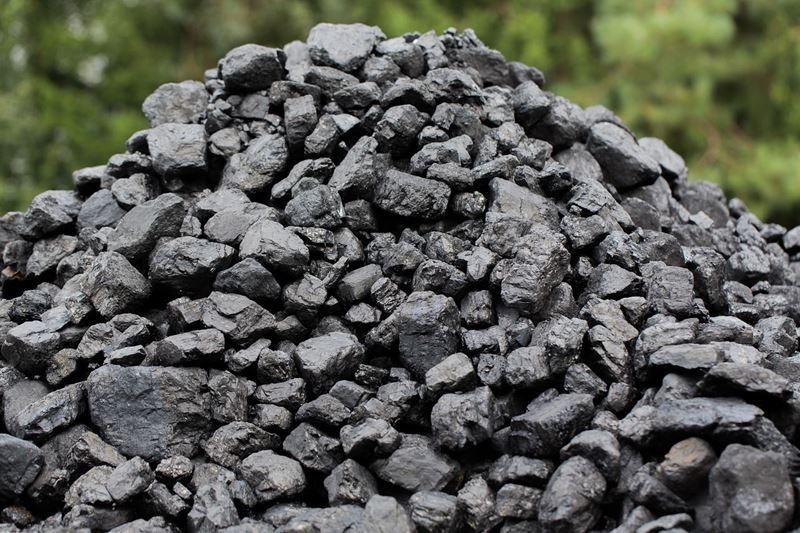
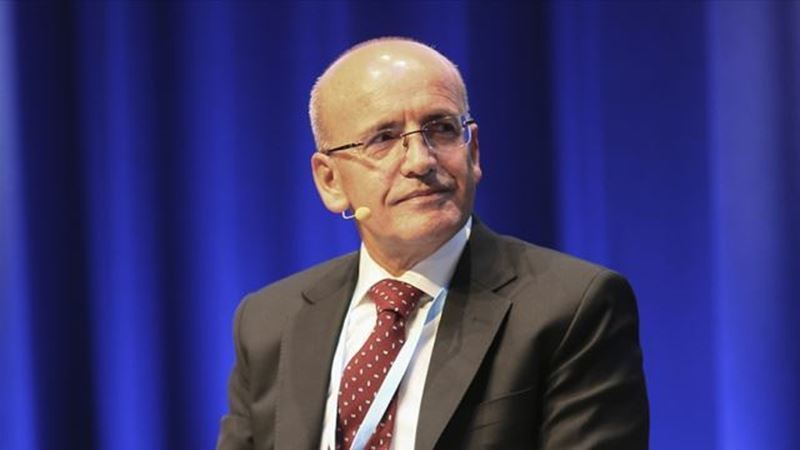

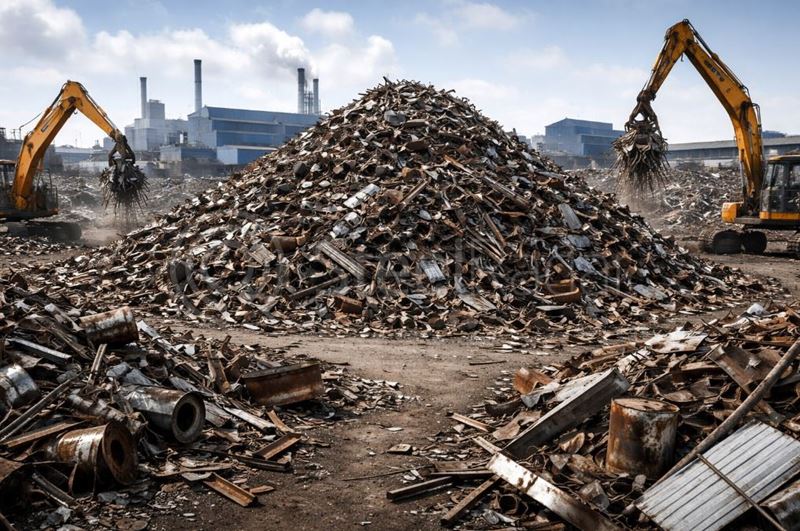
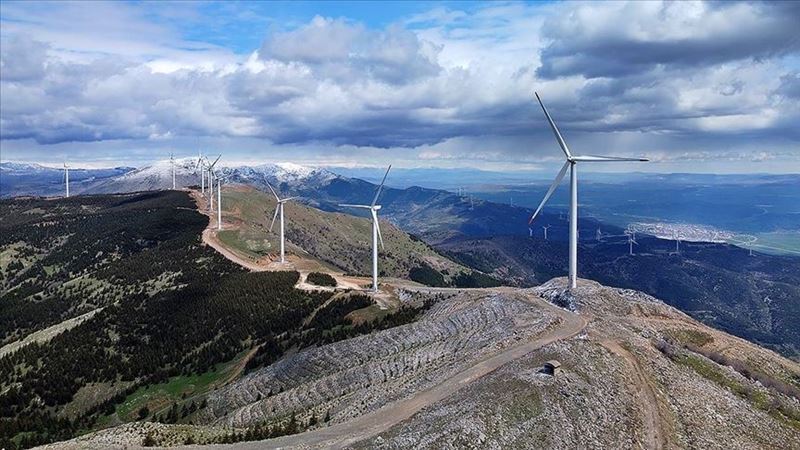
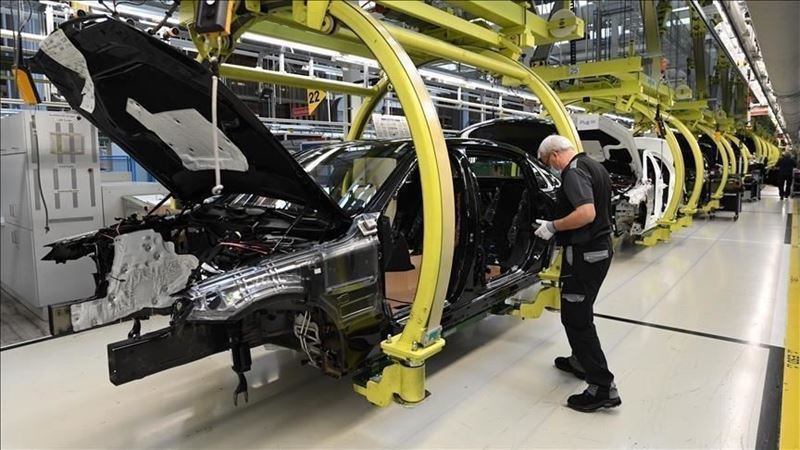

Comments
No comment yet.